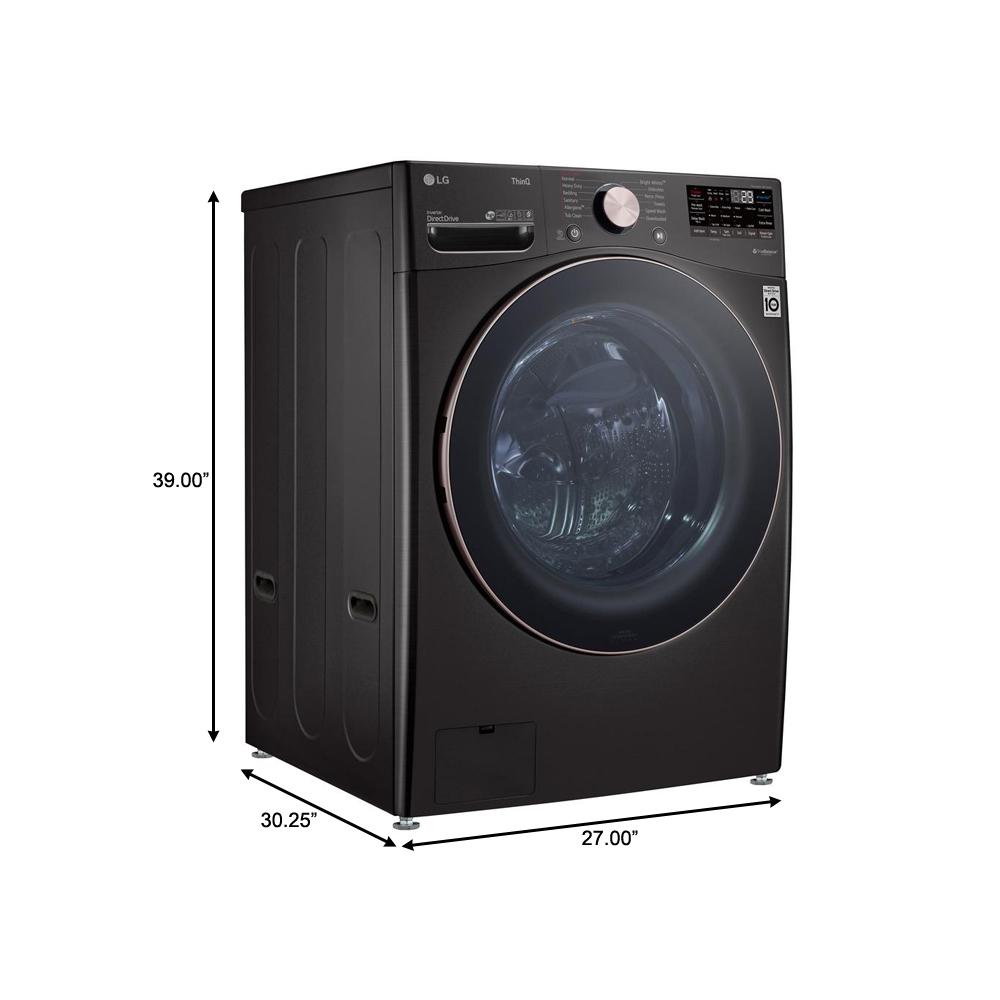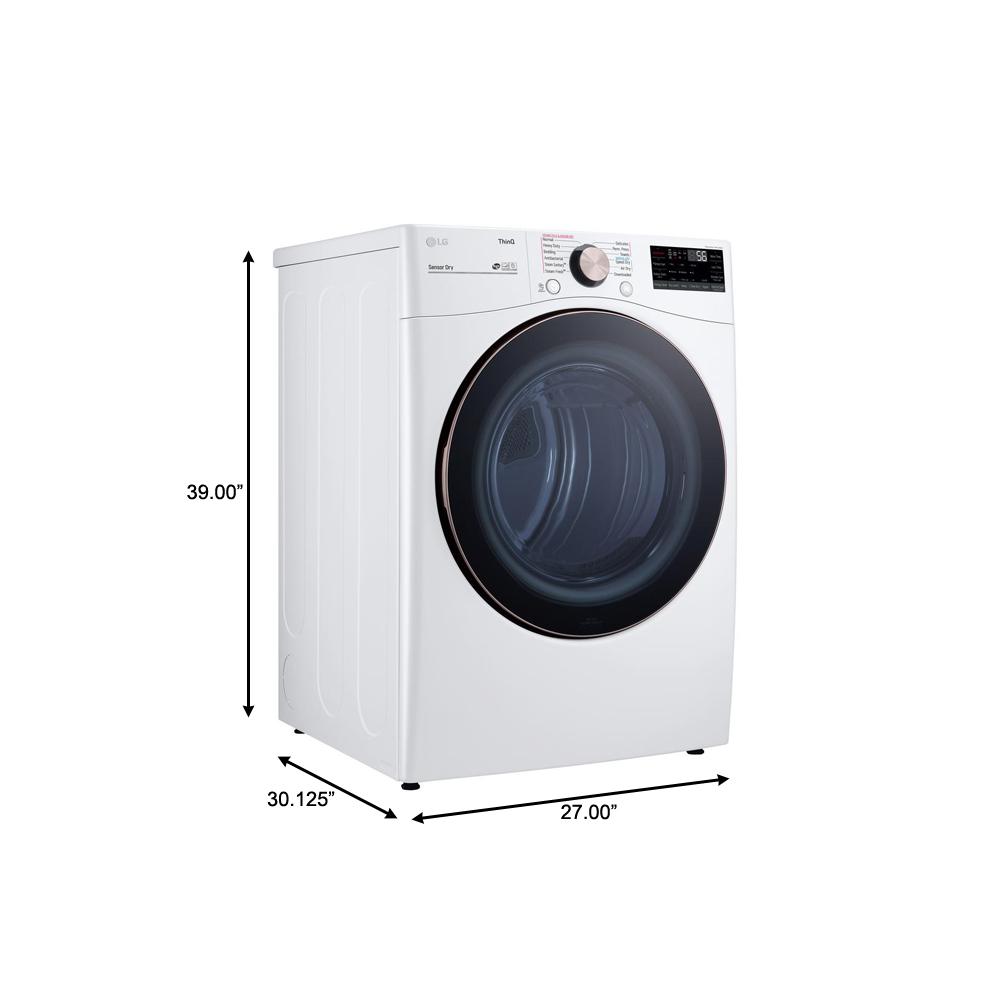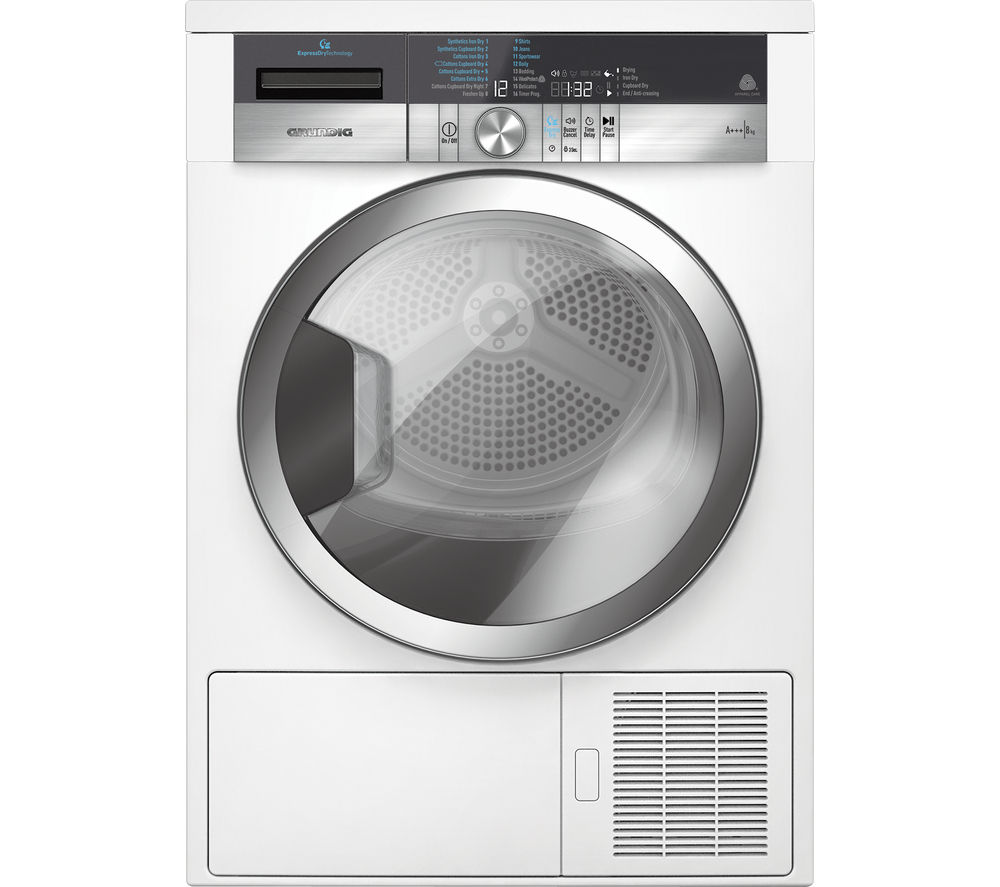Hotpoint NSWM843CGGUKN 8Kg Washing Machine with 1400 rpm – Graphite – A+++ Rated
8kg drum capacity – great for medium-sized households. Easily removes 20 of the most common stains. Special allergy setting, great for sensitive skin. Adds steam at the end of the cycle for intense cleaning.
Make laundry days less of a murky haze with this graphite Hotpoint washing machine. As it can hold 8kg of clothes at once, it’s ideal for any medium-sized household. If it’s your turn to wash the football kits this week, you’ll enjoy taking advantage of the Anti-Stain cycle. This precisely controls the temperature of the water to create a consistent and effect clean, removing up to 20 of the most common stains. And if any of the players suffer from sensitive skin, there’s even an Anti-Allergy programme that uses higher temperatures and longer rinses to make sure every fleck of detergent is washed out. Plus, because it also comes with Steam Hygiene, it’ll add vapour into the drum towards the end of the cycle, for thorough cleaning.
- 8kg drum capacity – great for medium-sized households
- Easily removes 20 of the most common stains
- Special allergy setting, great for sensitive skin
- Adds steam at the end of the cycle for intense cleaning
- Dimensions (cm) – H85 x W59.5 x D60.5
Additional information
| Dimensions | (H)85.0 x (W)59.5 x (D)60.5 |
|---|---|
| Wash Load | 8 Kg |
| Quick Wash Time | 30 Minutes |
| Manufacturer Warranty | 1 Year |






by Edward
Good product, fast efficient service.
by Lee
Very impressed with the hotpoint washing machine, looks very clean and modern and even when stood next to it you can hardly hear it working… Very quiet and easy to use and good value for the price. Definitely recommend this product.
by Julian
Very pleased with my purchase. The new hotpoint washing is so quiet. Compared to my old hotpoint machine which was over 15 years old.
by George
Love it, looks nice and matches my appliances, it’s so quiet when it’s on and has lots of different programmes and love the hygiene steam option you can add on. Would definately recommend!
by Anne
Great washing machine for the price. Super quiet compared with the previous one. Great spin as well – clothes well spun and as wet as previously. Really easy to move into place and plumb in – quick job!
by Sherri
Looks great and works well & delivery was perfect. Only problem with the product is the piping isn’t quite as long as needed to connect it up.